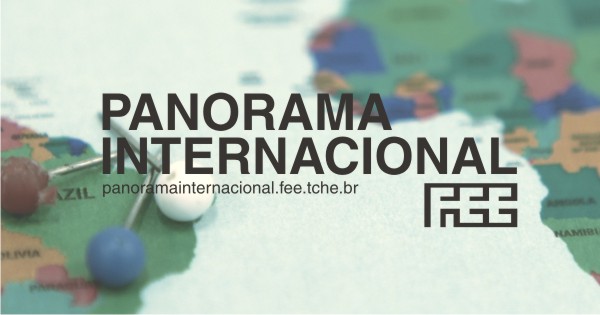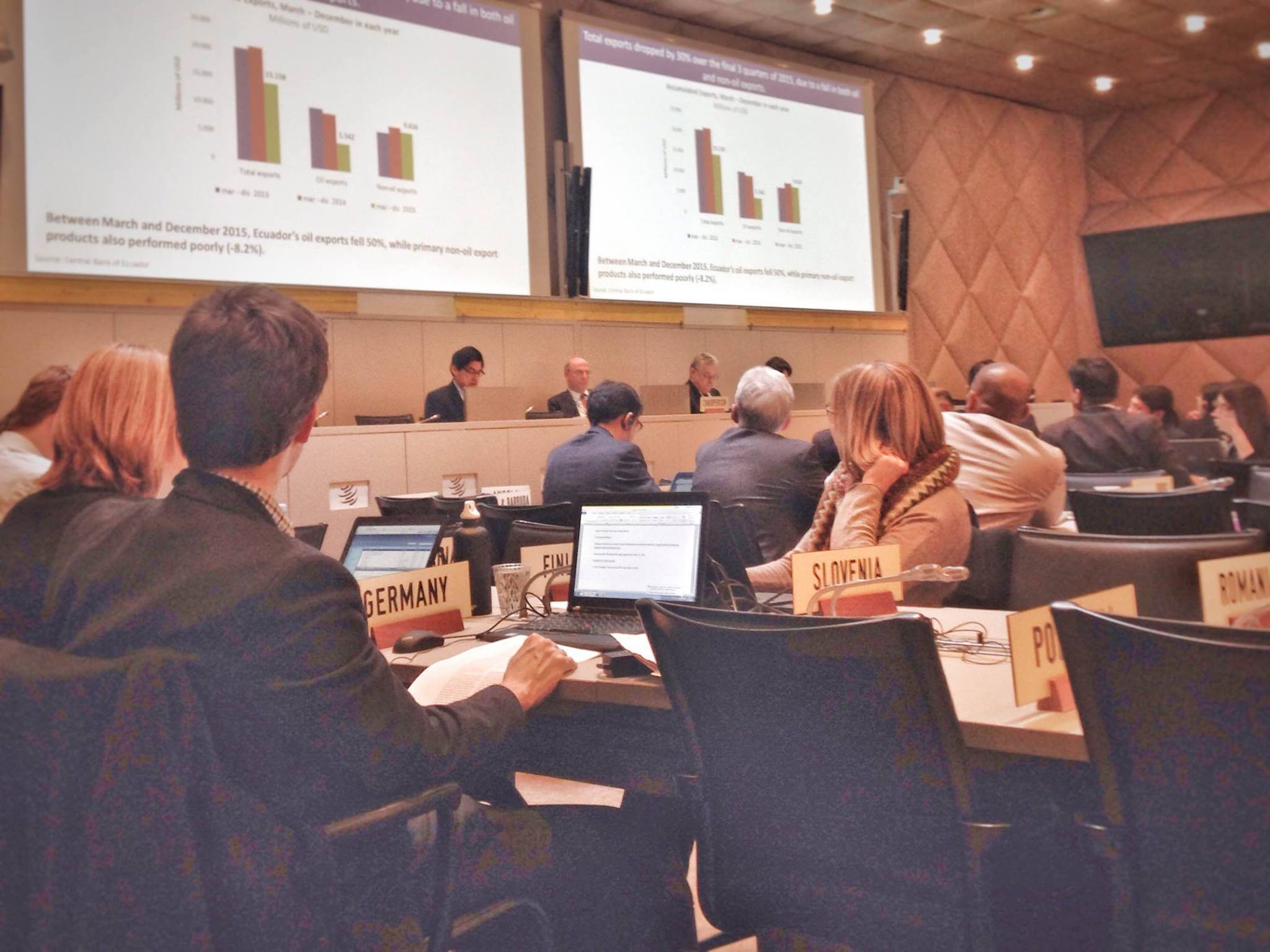editorial
The apparent insulation of Brazil from the recent emergence of mega-trade agreements and the adoption of measures in recent years to foster the industrial and technological deepening — as provided in Inovarauto[1] and the changes in the pre-salt oil exploration regime — have reignited the old debate on the advantages and disadvantages of protection. According
Comércio Internacional
Trade protection: an endless debate
When the Presidential Decree No. 7567 of September 15th, 2011 imposed discriminating tariffs on imported cars, except for cars manufactured in Mexico and countries of the Southern Common Market (Mercosur), the old debate on protectionism versus free trade resurfaced in Brazil. The target of the decree at the time was mainly the cars produced in
Comércio Internacional
Brazil and the mega–trade agreements: principles, history and challenges

Non-discrimination is the basic principle of international trade. Under the World Trade Organization (WTO), non-discrimination gives rise to two important pillars, national treatment and the most-favored-nation clause. This clause requires that any commercial advantage offered to any country, member or not of the WTO, be also offered to other nations of that organization. The national



